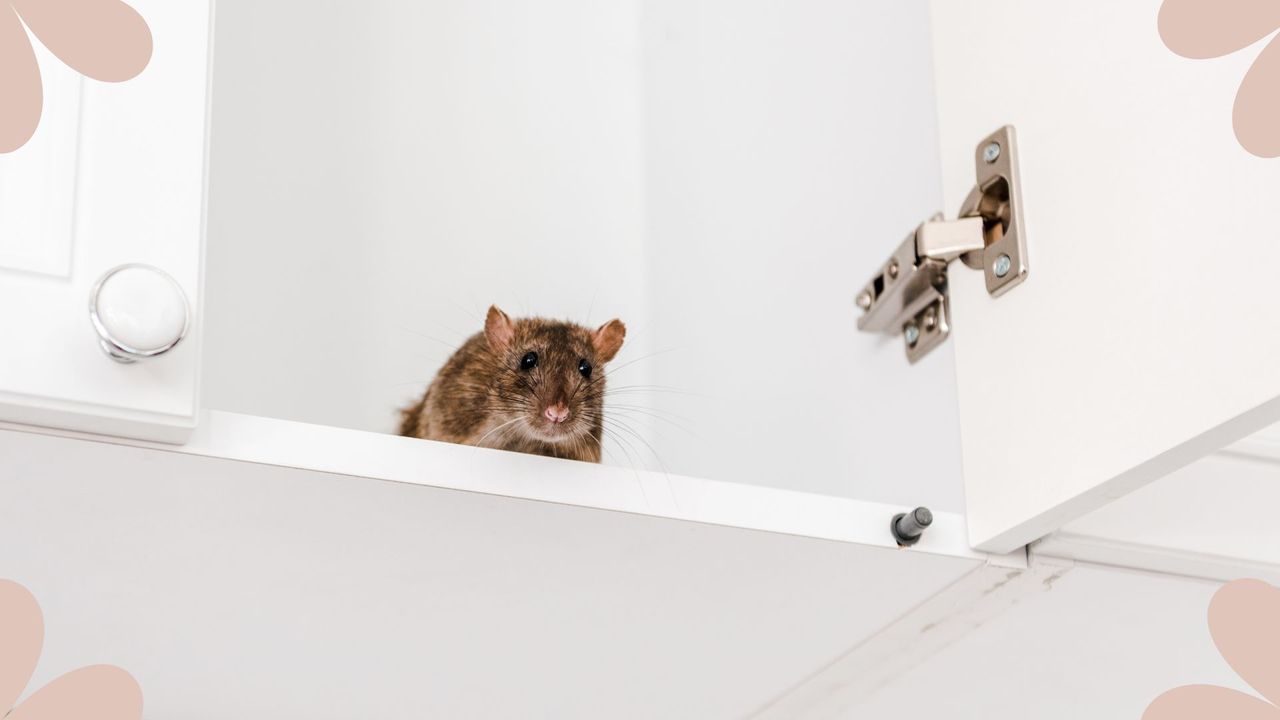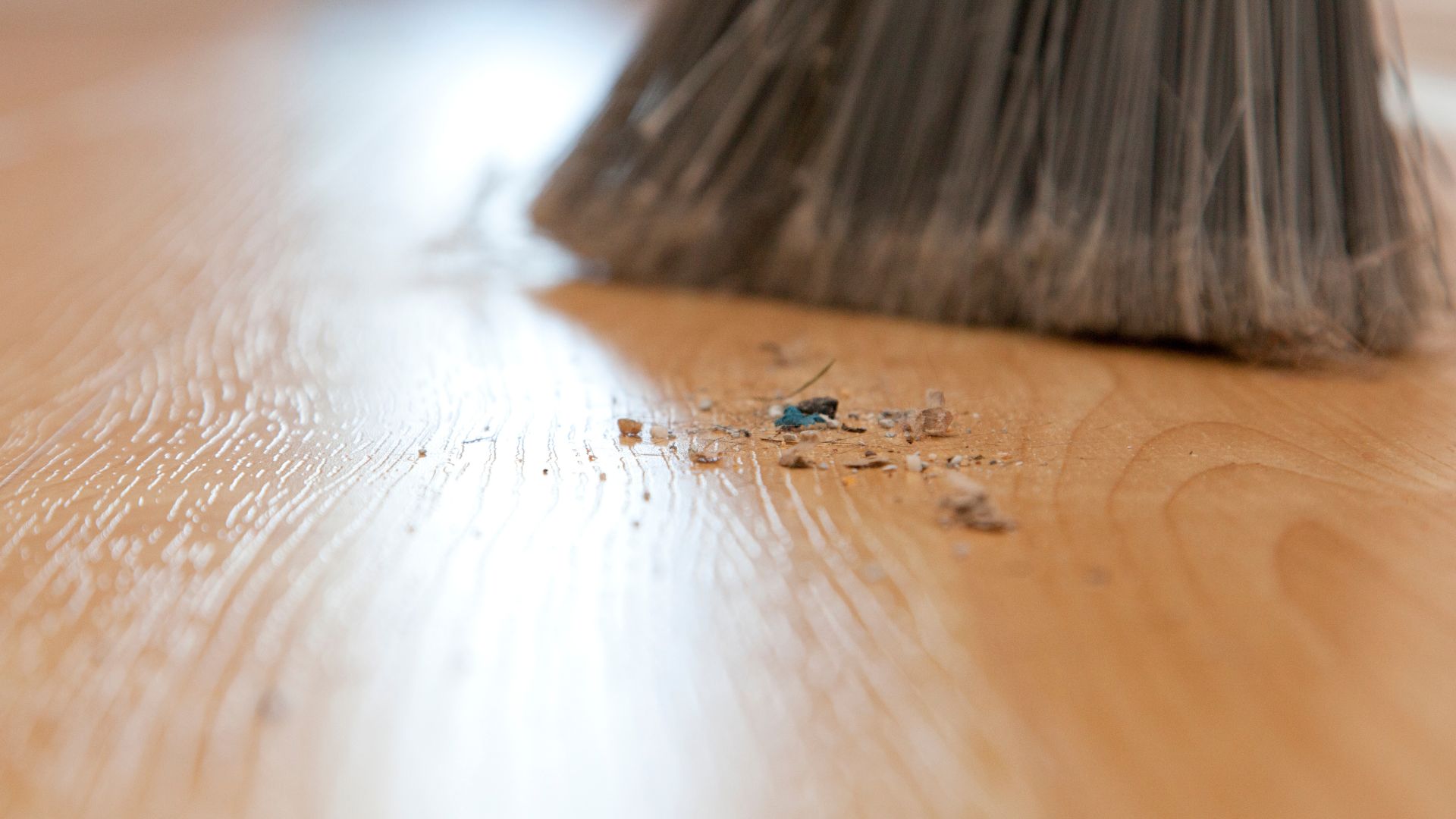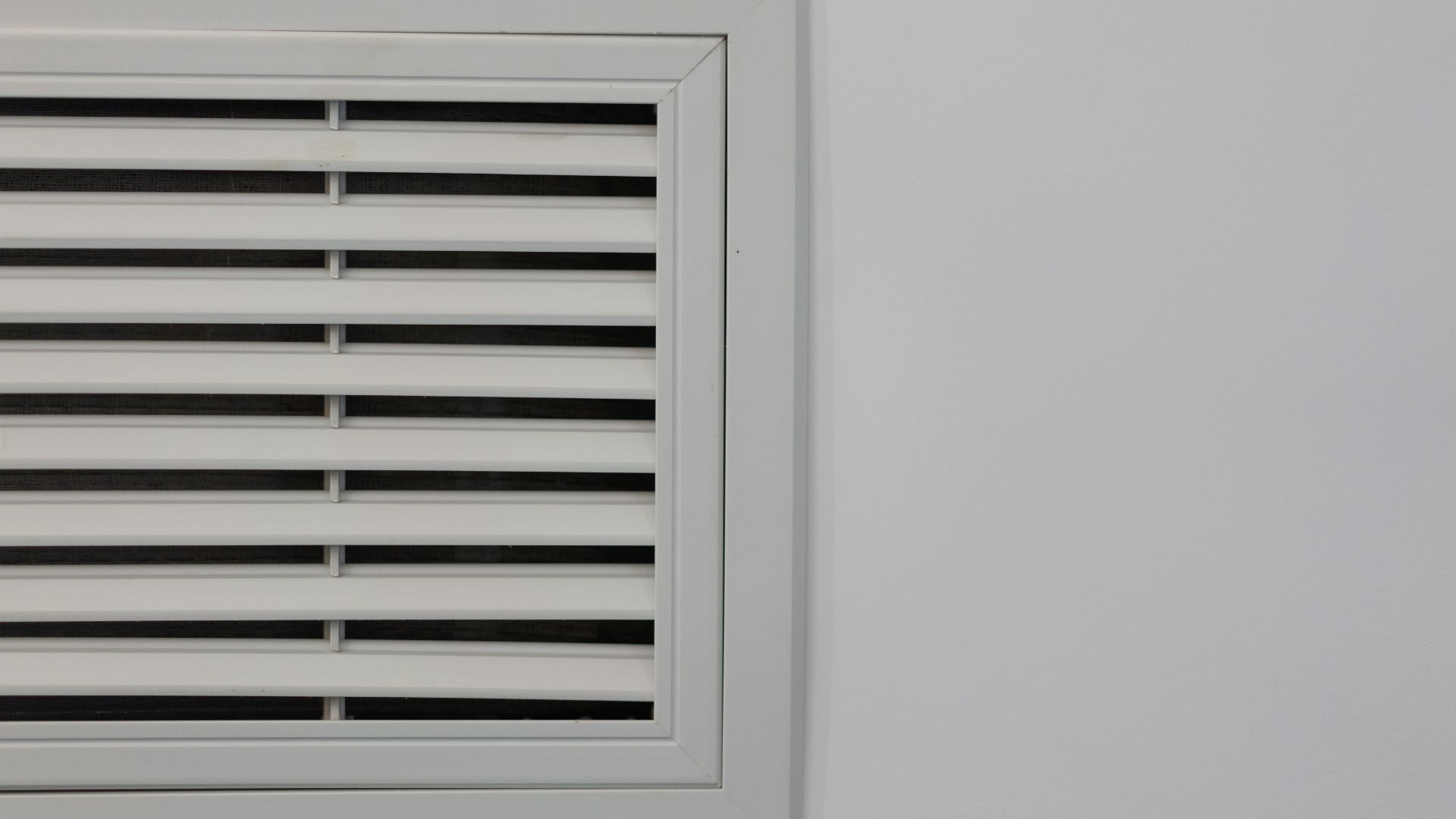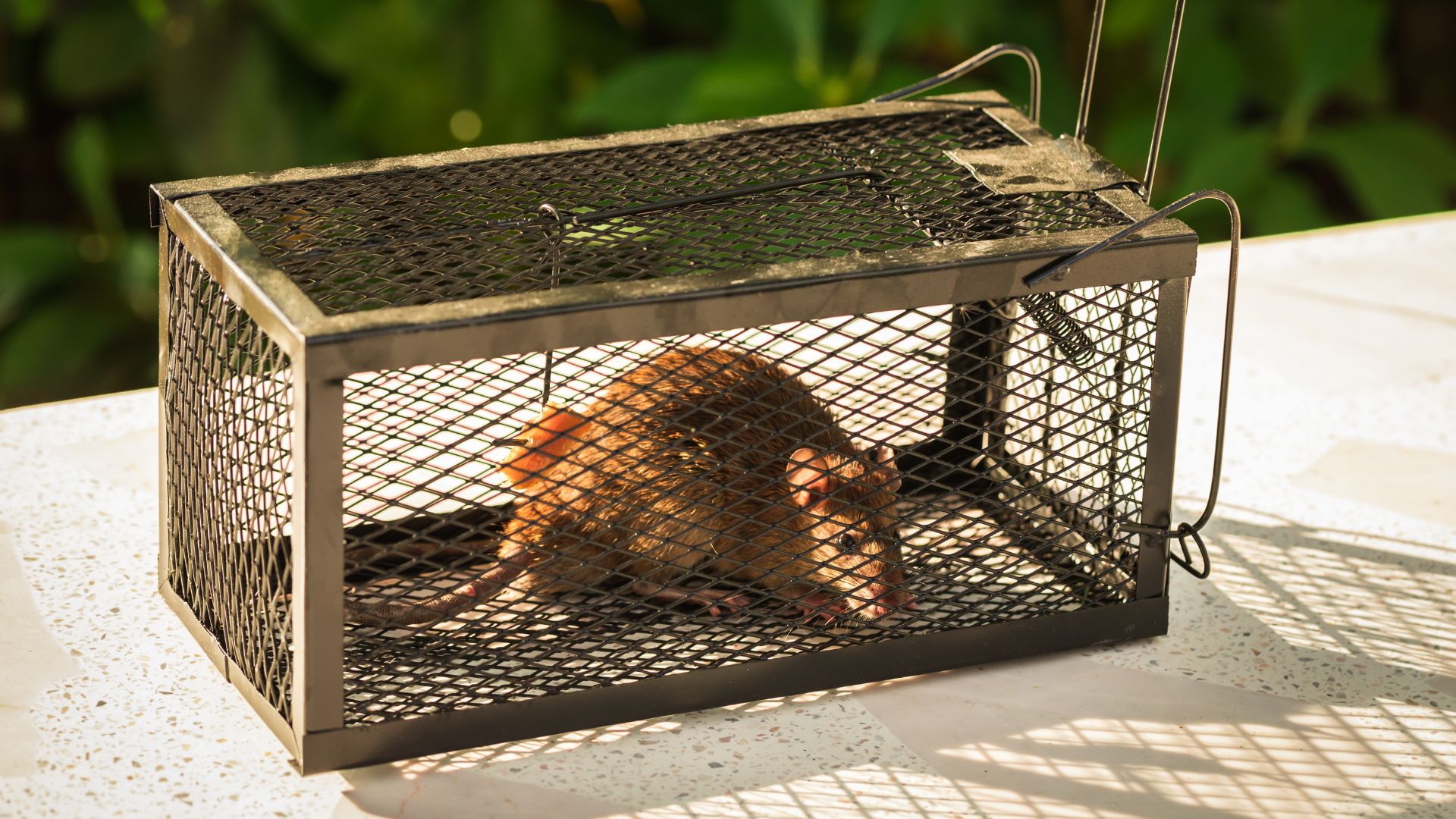
Nothing quite strikes terror in your heart like finding rats in your home, whether you're an animal lover or not. These rodents can not only carry disease, but they can also cause a lot of damage, which is why we spoke to pest control experts to learn how to keep them out.
While you may have mastered how to keep rats out of your garden, your house may need a little further protection. Even if your home is pristine and you've kept up with your daily cleaning habits, there are various other reasons these rodents might be tempted to pay you an unwelcome visit.
With this in mind, we asked pest control experts for their foolproof tips on keeping these furry visitors out for good.
How to deter rats from your home: 6 methods
Not a fan of sharing your home with small creatures? From knowing how to get rid of flies in your house to deterring foxes from your garden, it can be difficult to keep control when it comes to keeping pests away.
This is why it's important to arm yourself with some of the best expertise to get the job done quickly and efficiently.
1. Take away their food source

One of the best ways to deter rats from your home is to take away any possible food source that may be drawing them in. Similar to how you'd stop pigeons from coming into your garden, taking away food will make a huge difference in both prevention and solution.
"Household waste containing leftover scraps will soon attract unwanted visitors, so ensure all rubbish is disposed of in a bin bag and put securely inside your outdoor bin," says Laurence Barnard, pest control expert at BASF Pest Control Solutions.
He points out that whilst rodents can chew through plastic, they are less likely to even pick up a food scent if it's stored inside a closed bin.
RRP: £13.29 | This sleek compost bin is both odour-proof and has a secure lid with an animal-proof handle - perfect for keeping pests away.
2. Keep clutter to a minimum
Aside from taking away their food source, reducing the amount of clutter in your home can majorly deter the rats from wanting to take shelter in your home.
Without daily cleaning, it can be easy enough to let clutter overwhelm your space and create perfect hiding spots for unwanted pests. Knowing how to declutter your home might seem simple, but keeping on top of it can prove difficult.
Another point to consider is the effectiveness of rearranging your furniture. Pest control expert at MyJobQuote, Robert Collins, says, "Rats don’t like change. They’re very wary when objects have moved or new objects have appeared."
It might be a good idea to keep changing up your smaller rooms, places like under-stairs storage and pantries, while also making sure there's minimal furniture to begin with. Try following the small living room layout rules to keep it minimal.
3. Ensure all gaps are sealed

Sealing any gaps in your home is both a necessary prevention tip and an important step in ridding your home of rats after an infestation has been established. This is particularly key if you're trying to keep mice away, too; they can squeeze through incredibly small gaps.
Robert explains that sealing these gaps is a little harder than you might suspect. He says, "Rats can fit through holes as small as 2cm in diameter. They can also gnaw through materials to widen smaller gaps, making it easy for them to enter your home."
Luckily, some options will effectively work and can keep both rats and mice out of your home. Robert recommends using wire meshing or steel wool. He says, "They're cost-effective materials to use for this. Rats can’t easily gnaw through them, and they’re quite easy to use for plugging holes as you don’t need too many DIY skills."
RRP: £13.59 | If you've found gaps in either your external structures or drainage pipes, then using a steel wool mesh like this is great for keeping any small rodents out. It's designed specifically to stop rats or mice from being able to squeeze through.
4. Natural rat repellents
Just as you use eggshells in your garden to naturally deter snails and slugs, there are certain natural deterrents you can do in your home that can gently sway the rats away.
"Rats aren’t big fans of strong scents, so you could find that peppermint oil sprinkled around the exterior of your house can help to deter them. However, this would need to be reapplied regularly to keep it working," explains Robert.
5. Choose a suitable treatment

Should you find rats in your home, then will want to immediately choose a direction for treatment. Whilst prevention is extremely important, sometimes rats will still find a way into your home.
Shield Pest Control's managing director, Daniel Steward, says, "Ultimately, rat control can prove to be difficult to control yourself, so we always recommend calling in a professional pest control specialist for the infestation to be dealt with effectively and safely before it gets out of hand."
Once you've spoken to a professional, the chances are they'll give you a few different courses of treatment you can go down; however, for rat infestations, the measures may have to be a little more drastic.
6. Clean food packaging
Aside from your general waste bins, your recycling bins can also lure rats into your home. It really doesn't take much food or smell for rats to become curious.
"Wash food packaging before placing it in recycling bins, as residual smells can attract pests. Ensure your food waste bin has a tight-fitting lid and keep stored bird food in robust, rodent-proof containers," explains John Stewart, technical training manager at Pest-Stop.
It's a good idea to keep your bins routinely clean, too, so that any scraps or spills don't attract the pests either.
FAQs
What attracts rats to your house?
The main attractions for rats are the basics for their survival, food, shelter and water. Unfortunately, these things are exactly parallel to what we need, which makes our homes so habitable for the furry creatures.
"Like many animals, rats and mice need three things to survive – food, water, and shelter – so the key to deterring rodents is to make it harder for them to access all three of these," explains Laurence.
"Food is perhaps the most appealing of the three, and they aren’t fussy about what they’ll eat! Household waste containing leftover scraps will soon attract unwanted visitors, so ensure all rubbish is disposed of in a bin bag and put securely inside your outdoor bin," he continues.
It's also a great idea to keep external spaces clear. Knowing how to declutter your garage and shed will also work against rats making a home on your land.
What damage can rats do to your house?
Pests can be a nuisance in more ways than one, for example, having leatherjackets in your garden lawn will cause major damage that will cost you big of money and time. Unfortunately, rats are no exception to this.
Richard explains that rats are inquisitive creatures by nature, so they are always scouting out food and safe hiding places. He says, "They also have teeth that keep growing, so they’re constantly moving around and gnawing. This means they can cause all kinds of damage to the fabric of your home, from chewing skirting boards to wiring."
It's not just chewing that can be an issue, rats are also renowned for spreading diseases such as Weil's disease, E.coli and Salmonella. So they're certainly not the best house guests to welcome in.

What smell keeps rats away?
Smells can be a powerful pest-deterrent; in the same way they can attract pests, they can also put them off your space entirely. There are even common flowers that can help repel pests simply by being planted in your garden.
"Rats have a strong sense of smell and are repelled by certain strong scents. Common smells that help keep rats away include peppermint oil, vinegar, eucalyptus and clove oil," says Daniel.
"These scents can overwhelm their senses and discourage them from nesting or entering an area. Soaking cotton balls in these oils and placing them near entry points or problem areas can act as a natural deterrent, though they should be refreshed regularly for continued effectiveness," he adds.
What scares rats away from the house naturally?
If you're more into the rewilding trend and like to keep your home chemical-free, then there are various ways you can scare rats away naturally.
"Rats are naturally scared away by strong smells, predators and certain environmental factors. Strong scents like peppermint oil, vinegar, eucalyptus and clove oil overwhelm their senses and can deter them from entering an area," starts Daniel.
The presence and urine from certain predators, such as cats, dogs, and owls, can deter rats.
"Rats also avoid noisy, well-lit and high-traffic areas, so using motion-activated lights, ultrasonic sound devices, or simply keeping areas clean and active can make your home less appealing. Removing food sources and sealing entry points completes this natural defence," continues Daniel.
While there are many ways to prevent rats from entering your home, sometimes infestations are inevitable, especially if you live in a wooded or urban area.
If you are struggling with a rat issue, it's always best to contact professional pest control experts and get accurate advice on your specific situation.







